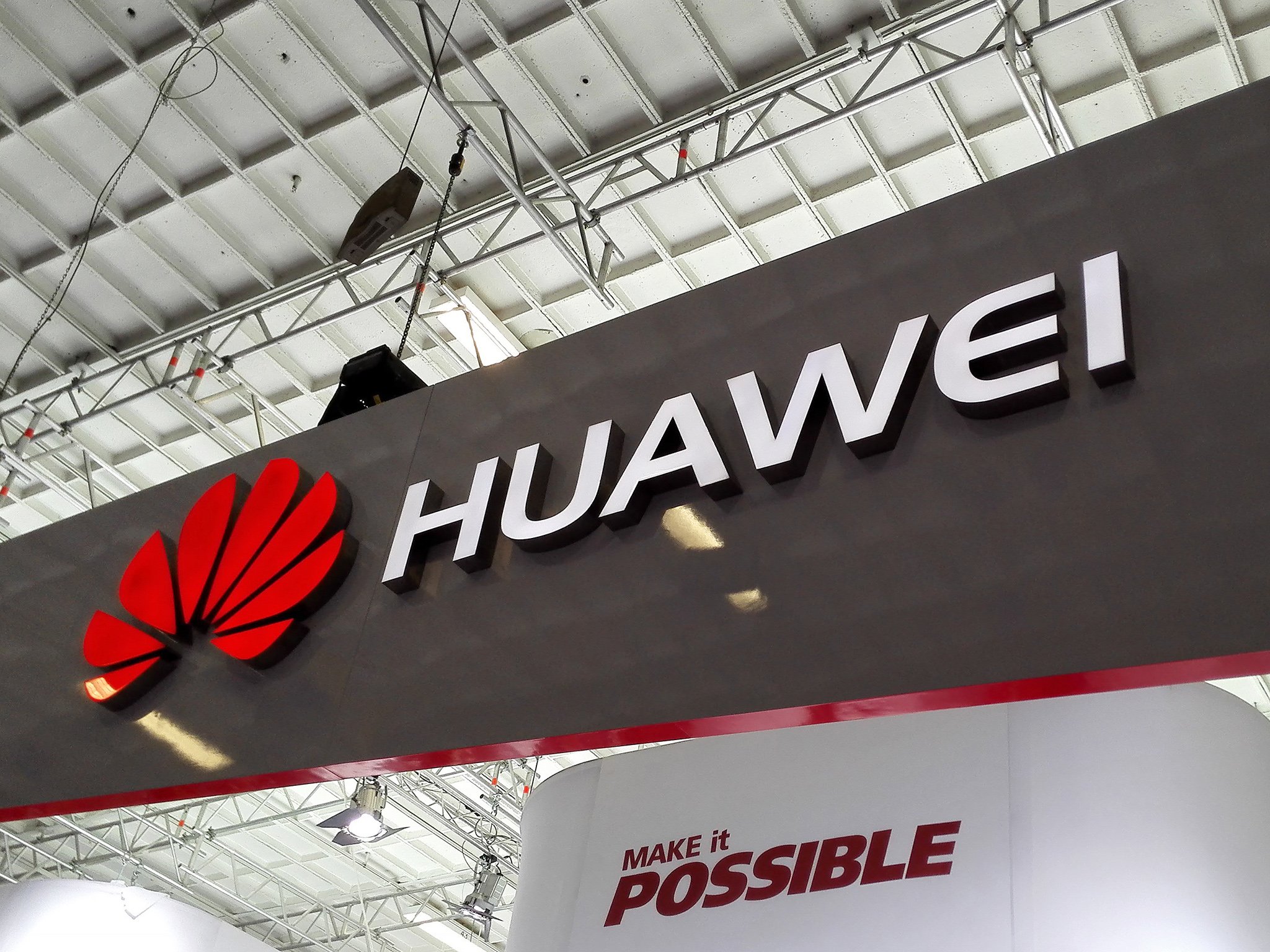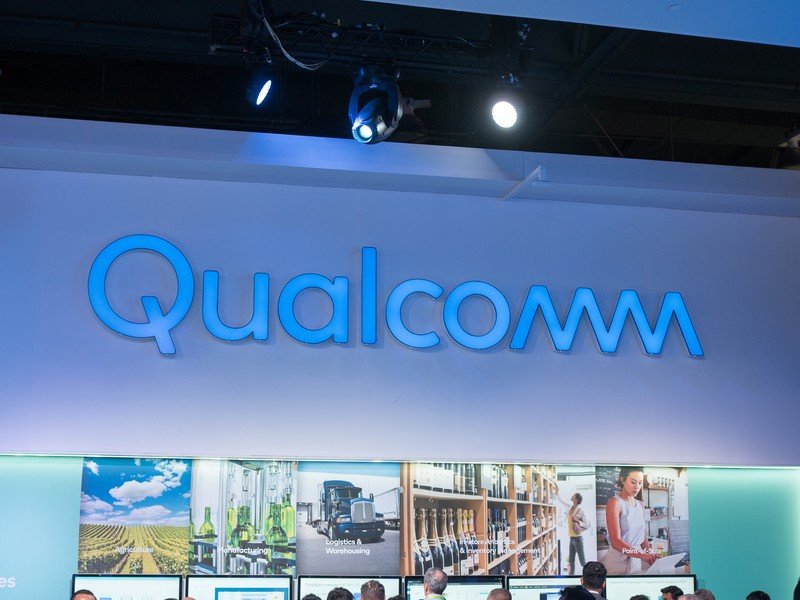A deal with Huawei could make Qualcomm's market advantage insurmountable, and that's a problem

Huawei is in a pickle. It can't do business in the U.S. because it was placed on a list of dangerous foreign companies, and it can't do business with any company that does business in the states. That list is an awful place for any company to find itself.
You won't find Huawei phones in the Verizon store, but the company sells a lot of phones outside the U.S.
Huawei was never a brand that sold big numbers in the U.S. but don't think that means too much in the overall scale of things. Huawei is a big name in the rest of the world and sells as many phones as Samsung. Well, it used to — being on the entity list changed that and has knocked Huawei down a notch or two. The company makes really great phones, and a lot of people want to buy them.
The latest problem facing the company is that it can't contract any fabrication plant to make its Kirin processors because it's on the list, of course. Fabrication plants want to do business in the U.S., and they also want to do business with companies that do business in the U.S. It's a bit of a domino effect for which there is no easy solution.
A deal between the two companies is great for business until Qualcomm decides to start leveraging its market position.
Since Huawei will soon run out of processors, it's trying to reach a deal where Qualcomm can supply it with mobile chipsets so it can continue to build high-end phones for the rest of the world. This isn't a given — Qualcomm would need special permission from the U.S. government, and the current administration isn't just going to approve it without convincing the executive branch. One imagines there will have to be some sort of beak-wetting in the form of jobs or something else that sounds good in a campaign speech for the U.S. to change its tune.
Let's say that a deal between Huawei and Qualcomm does happen. That's great for Huawei and Qualcomm; the products flow, and that means the money flows, too. But it's not a great idea to give Qualcomm that sort of power based on its own past actions.
If Huawei uses Qualcomm Snapdragon chips in its high-end product lines, that means all of the current companies that sell high-end phones in any significant number are depending on Qualcomm to supply the chipset. Samsung, LG, Motorola, OnePlus, and Google all use Qualcomm chips. So do companies you might not be as familiar with, like Xiaomi and Oppo.

This isn't because those companies want to only use the best and most expensive SOCs. Samsung, for example, uses its own Exynos chips in phones sold outside of North America. This happens because Qualcomm holds so many patents and charges so much for licensing them that, in the end, it's easier and cheaper just to use a Snapdragon. Using a different chip with a Qualcomm package of wireless tech is possible, but besides being expensive, it is very difficult to optimize it all for good battery life. Qualcomm has these companies by the short hairs.
Be an expert in 5 minutes
Get the latest news from Android Central, your trusted companion in the world of Android
Qualcomm has already proven it will do anything it can to increase its own bottom line.
We've already seen how Qualcomm isn't afraid to abuse its market position. Recently we saw Apple refusing to pay Qualcomm because its licensing fees were so high. While a court decided Apple did need to pay what it owed, it also decided Qualcomm needed to rethink its pricing structure.
This is capitalism at its finest. Qualcomm will try to do whatever it can to make more money, and if somewhere down the line, a court decides it is not playing by the rules, it is willing to pay a fine and look for new ways to make even more money. All companies do this, not just Qualcomm. Apple abused its market presence by not paying and forcing Qualcomm into court. Google was willing to ship Android knowing it possibly infringed on Oracle patents for Java. You make money when and where you can and know any potential fine will be less than your profit.
At this point, Huawei is just out of options.
Huawei could find another way. Companies like MediaTek would love Huawei to come knocking, and chips like the Dimensity 1000 show performance that's on par with the high-end Snapdragon. All Huawei would need to do is purchase chips from MediaTek and then pay Qualcomm licensing fees for LTE and 5G so its phones can work everywhere and then find ways to optimize everything for good battery life and thermal management. Or it could say "screw it" and just try to get a deal with Qualcomm.
Regardless of what you think about Huawei and its placement on the entity list, this deal will hurt the entire industry by giving Qualcomm even more market power than it already has. We know Qualcomm will leverage that power as best it can, even if the things it does aren't quite kosher. Nobody should want that, but Huawei just might be out of options.

This is the Note to get in 2020
Say what you will about the regular Note 20, but the Galaxy Note 20 Ultra is about as feature-rich as Android phones come. It has a premium glass/metal design, 120Hz AMOLED displays, impressive cameras, and a Qualcomm Snapdragon 865+ to power it all.

Jerry is an amateur woodworker and struggling shade tree mechanic. There's nothing he can't take apart, but many things he can't reassemble. You'll find him writing and speaking his loud opinion on Android Central and occasionally on Threads.
